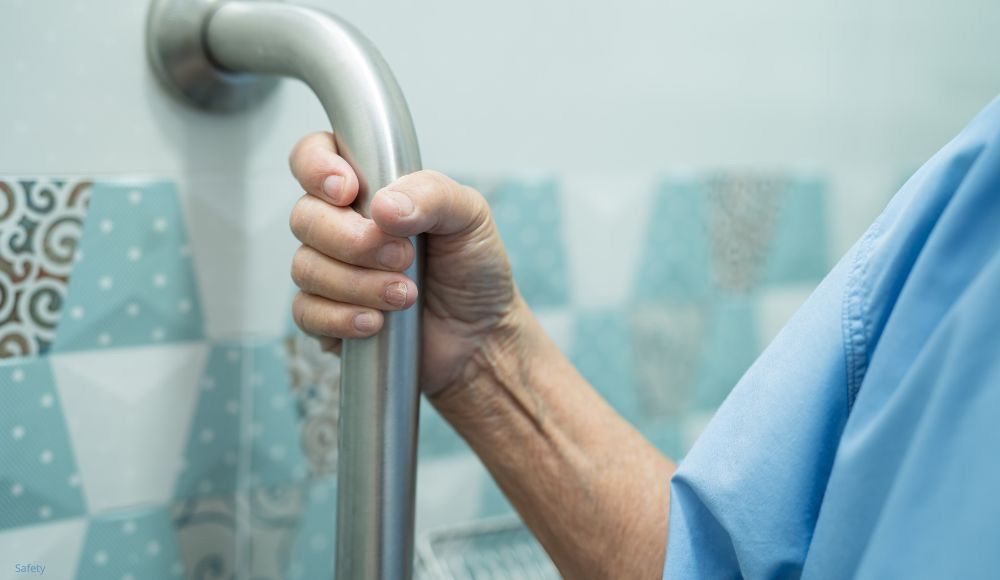What to Expect When Returning Home After Surgery
Surgery can have a dramatic impact on your well-being. Therefore, getting your home transition care right is essential. It can be the difference between full recovery and failing to get back on your feet.
This post explores what to expect after surgery. We explore various factors included in home transitional care like pain relief, wound care, and what to eat. By the end, you should be fully prepared for the post-surgical experience.
Your Doctor Will Prescribe Painkillers To Reduce Discomfort
First, your doctor or surgeon should
prescribe various painkillers port-surgery, along with instructions. Follow their advice closely.
Pain after most surgery
should be manageable. If not, contact your medical team or go to the emergency room. Severe discomfort can indicate complications.
You Will Need To Care For Your Wounds
Also, always follow the surgeon’s instructions for caring for the wound.
Surgeons will leave some open (letting you see the flesh below). Wash these out regularly according to their instructions, usually with warm soapy water.
Sutured (stitched) wounds may require dressings and cleaning. Again, you should follow instructions, changing and cleaning these when necessary.
Adhesive strips (modern stitches) should be left in position until they fall off (usually after a few weeks). Removing them early might prevent proper wound healing from occurring.
You Should Continue Taking Existing Medications As Normal (Unless Instructed Otherwise)
Surgeons will tell you
which medications to take and when. Most medications will continue as normal. However, doctors may advise you to temporarily stop blood thinners and other drugs that might inhibit wound healing.
You May Need To Manage Your Drains And Stomas
Surgeons sometimes attach a drain to wounds to drain excess fluid produced by the immune system. These reduce swelling and can make recovery more comfortable.
You should talk to medical professionals at the hospital about how to manage these devices. Passing this information on to your home transition care team can help them.
Some surgeries also require a stoma – a breathing apparatus placed in the neck after lung, mouth, or neck surgery. Again, medical professionals should teach you how to use this device.
You May Need To Follow A Special Diet
After returning home, surgeons may recommend you eat a special diet. This helps you feel less nauseous after surgery and get the nutrients you need to recover.
The best foods are rice, dry toast, and bananas. These simple carbohydrate foods don’t place too many demands on the stomach and provide concentrated energy.
You May Need More Rest Than Usual
Finally, you might need more rest than usual. Spending more time in bed is normal as the body tries to recover.
Your surgeon will usually tell you how much exercise you can do. Too much physical activity may damage sutures and cause bleeding.
Contact Us for Help in Transitioning from Hospital to Home
Contact us to learn how we make your transition from hospital, to home, to independence as comfortable as possible!
More From Our Blog
✔︎ Locally owned and operated,
Dedicated to our local community.

Berks County Office
Comforting Home Care by Phoebe
1 Reading Dr
Wernersville, PA 19565
Phone: 610-625-5206
Lehigh Valley Office
Comforting Home Care by Phoebe
1925 W. Turner Street
Allentown, PA 18104
Phone: 610-625-5600
The region's premier home care provider in Berks, Bucks, Lehigh, and Northampton Counties, including Allentown, Bath, Bethlehem, Easton, Emmaus, Fleetwood, Fogelsville, Hamburg, Hellertown, Hereford, Kutztown, Laurys Station, Leesport, Macungie, Mertztown, Mohnton, Nazareth, New Tripoli, Northampton, Oley, Orefield, Quakertown, Reading, Richlandtown, Robesonia, Schnecksville, Shillington, Shoemakersville. Sinking Spring, Temple, Topton, Trexlertown, Wernersville, Whitehall, Womelsdorf, Wyomissing, & Zionsville,
© Copyright 2023 | All Rights Reserved | Comforting Home Care by Phoebe
Website by Power Marketing International











